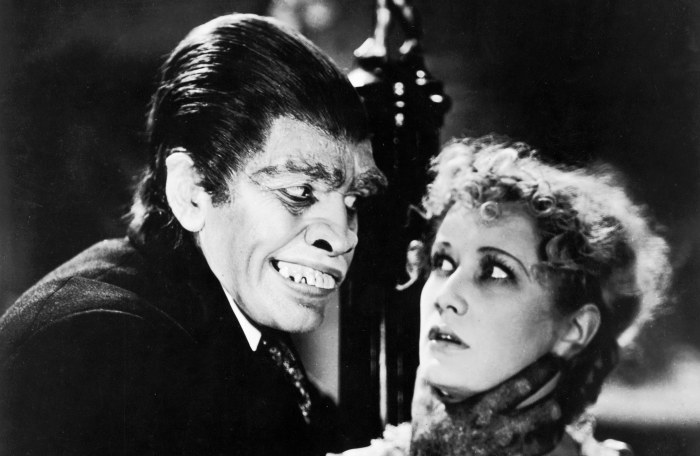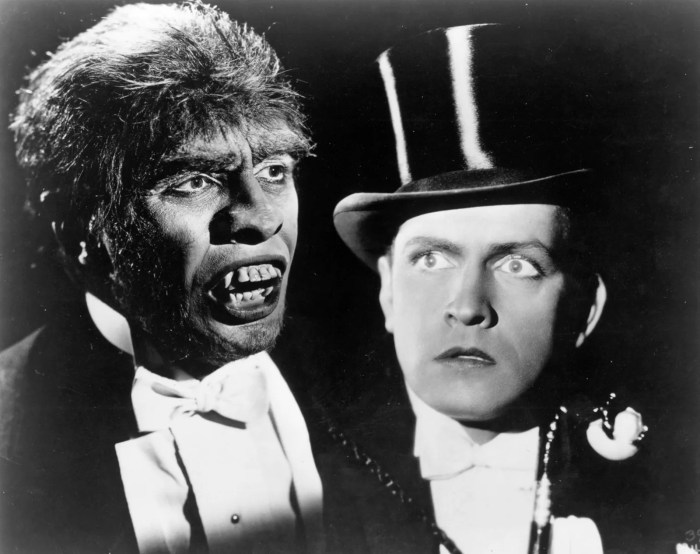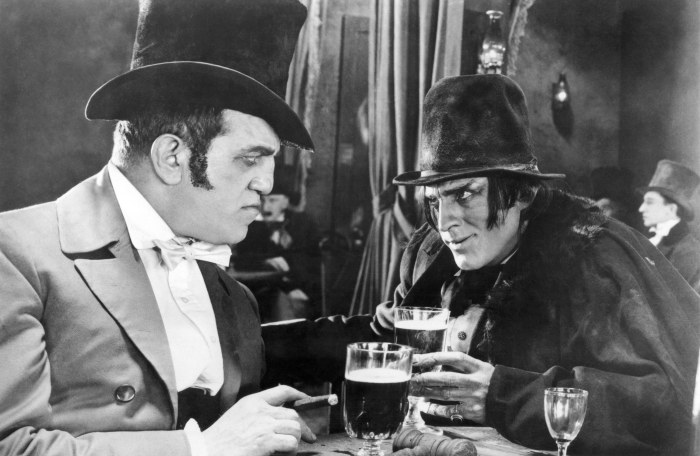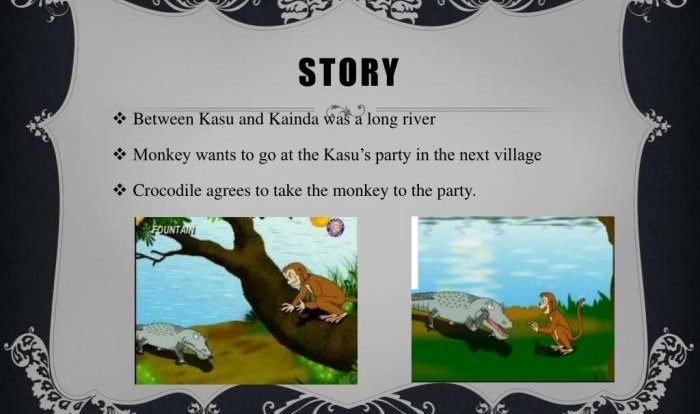Dr jekyll and mr hyde monologue – Dr. Jekyll and Mr. Hyde monologue sets the stage for this enthralling narrative, offering readers a glimpse into a story that is rich in detail and brimming with originality from the outset.
This complex and captivating monologue delves into the depths of human nature, exploring the duality of good and evil that resides within us all. Through the transformation of Dr. Jekyll into the sinister Mr. Hyde, Robert Louis Stevenson masterfully unveils the psychological motivations and social implications of our hidden desires.
Introduction

Definition
The “Dr. Jekyll and Mr. Hyde” monologue is a pivotal passage from Robert Louis Stevenson’s classic novella, “The Strange Case of Dr. Jekyll and Mr. Hyde.”
It consists of a first-person account by Dr. Jekyll, detailing his experiences and reflections on his transformation into the sinister Mr. Hyde.
Significance
This monologue is crucial to the novella’s narrative and themes. It provides a window into the complex psychology of Dr. Jekyll, revealing his internal struggles with good and evil. Through the monologue, readers witness Jekyll’s realization of the duality within himself and his descent into the depths of depravity as Mr.
Hyde.
Character Analysis

The duality of Jekyll’s and Hyde’s personalities is a central theme in the novel. Jekyll is a respected doctor who transforms into the monstrous Hyde, embodying the darker, repressed aspects of Jekyll’s nature. This duality reflects the Victorian era’s preoccupation with the struggle between good and evil within the human psyche.
The enigmatic duality of Dr. Jekyll and Mr. Hyde is captured in his gripping monologue, a testament to the human capacity for both good and evil. To delve deeper into the nuances of human nature, explore Wordly Wise Book 6 Lesson 10 , where you’ll find insightful vocabulary and exercises that enhance your understanding of complex literary works like Dr.
Jekyll and Mr. Hyde.
Psychological Motivations
- Jekyll:Driven by a desire to explore the darker side of human nature, Jekyll creates a potion that allows him to separate his good and evil impulses.
- Hyde:Represents Jekyll’s repressed desires, including violence, cruelty, and sexual deviancy. Hyde’s actions are motivated by a desire for freedom from social constraints and morality.
Symbolism of the Transformation
The transformation between Jekyll and Hyde symbolizes the internal conflict between good and evil. The physical changes that occur during the transformation reflect the psychological changes that take place within Jekyll. As Hyde, Jekyll experiences a sense of liberation and empowerment, but he also becomes increasingly monstrous and dangerous.
The transformation also symbolizes the duality of human nature. Jekyll and Hyde represent the two extremes of the human psyche, and their struggle reflects the ongoing battle between our good and evil impulses.
Literary Techniques

The monologue of Dr. Jekyll and Mr. Hyde is rich in literary devices that enhance the impact of the monologue and convey the emotions and conflicts within Jekyll.
Metaphors
Jekyll’s use of metaphors creates vivid and powerful images that emphasize the transformation he undergoes. For example, he describes Mr. Hyde as “a beast” and “a shadow” that “stalked behind” him. These metaphors convey the sense of Hyde as a dark and dangerous force that Jekyll struggles to control.
Similes
Jekyll also uses similes to compare his two selves. He says that Mr. Hyde is “as sly as a serpent” and “as strong as a lion.” These similes highlight the cunning and predatory nature of Hyde, as well as his physical strength.
Imagery
Jekyll’s vivid imagery creates a sense of atmosphere and tension. He describes the “dark alleys” and “squalid streets” where Hyde roams, and the “haunting terror” that grips him when he realizes the extent of his transformation. This imagery helps to convey the fear and guilt that Jekyll feels as he struggles to suppress Hyde.
Language and Tone, Dr jekyll and mr hyde monologue
The language and tone of Jekyll’s monologue also play a crucial role in conveying his emotions and conflicts. Jekyll’s language is often formal and precise, reflecting his scientific background. However, when he speaks of Mr. Hyde, his language becomes more emotional and desperate.
This shift in tone reflects Jekyll’s inner turmoil as he grapples with the dark side of his nature.
Themes and Motifs: Dr Jekyll And Mr Hyde Monologue
The monologue delves into the profound themes of duality, morality, and the struggle between good and evil within the human psyche. These themes are explored through various motifs, including:
- The duality of human nature:Jekyll and Hyde represent the opposing forces of good and evil within the same individual.
- The struggle for control:Jekyll’s attempts to suppress Hyde’s influence reflect the ongoing battle between our conscious and subconscious desires.
- The consequences of unchecked desires:Hyde’s actions illustrate the destructive power of unrestrained impulses and the dangers of succumbing to temptation.
Social and Moral Implications
The monologue raises important social and moral questions. It challenges the Victorian notion of the individual as a rational, unified being and highlights the potential for inner conflict and the existence of a darker side to human nature. The novella also explores the consequences of societal hypocrisy and the ways in which individuals can deceive themselves and others about their true nature.
Impact and Legacy

Dr. Jekyll and Mr. Hyde’s monologue has left an indelible mark on literature and popular culture. Its exploration of duality and the struggle between good and evil has resonated with readers and audiences for generations.
The monologue has been adapted into countless stage plays, films, and television shows. Each interpretation brings its own unique perspective to the story, but all share the core themes of duality and the battle within.
Literary Adaptations
- Robert Louis Stevenson’s original novella has been adapted into numerous stage plays, including a highly successful Broadway production in 1997.
- The story has also been adapted into several films, including the classic 1931 version starring Fredric March and the 1996 version starring Michael Caine.
- In recent years, the story has been adapted into a television series, “Jekyll,” which aired on ITV in the United Kingdom.
Cultural Impact
- The phrase “Jekyll and Hyde” has become a common idiom used to describe someone who has two very different sides to their personality.
- The story has also been referenced in popular culture, including in songs, movies, and television shows.
- The story’s exploration of the duality of human nature continues to resonate with audiences today, making it a timeless classic.
Query Resolution
What is the significance of the Dr. Jekyll and Mr. Hyde monologue?
The monologue serves as a powerful exploration of the duality of human nature, showcasing the inner conflict between good and evil that resides within us all.
How does the monologue contribute to the overall message of the novella?
The monologue provides insight into the psychological motivations behind Jekyll’s transformation into Hyde, highlighting the dangers of unchecked desires and the consequences of suppressing one’s true nature.
